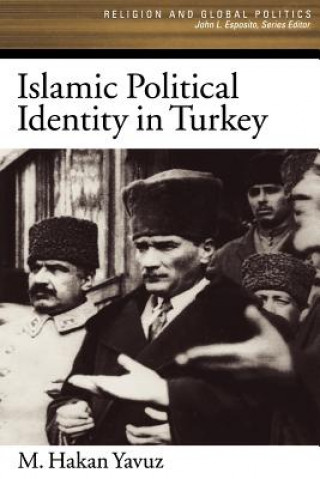
Kód: 04516798
Islamic Political Identity in Turkey
Autor M. Hakan Yavuz
In November of 2002, the Justice and Development Party swept to victory in the Turkish parliamentary elections. Because of the party's Islamic roots, its electoral triumph has sparked a host of questions both in Turkey and in the ... celý popis
- Jazyk:
 Angličtina
Angličtina - Vazba: Brožovaná
- Počet stran: 336
Nakladatelství: Oxford University Press Inc, 2005
- Více informací o knize

Mohlo by se vám také líbit
-

Blood, Sweat and Tyres
324 Kč -

Murphy's Revenge
253 Kč -
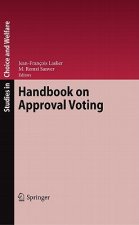
Handbook on Approval Voting
5490 Kč -

World of Agatha Christie
181 Kč -
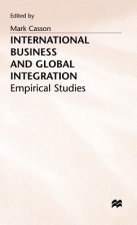
International Business and Global Integration
3039 Kč -

European Identity
4571 Kč -

Change
585 Kč
Dárkový poukaz: Radost zaručena
- Darujte poukaz v libovolné hodnotě a my se postaráme o zbytek.
- Poukaz se vztahuje na celou naši nabídku.
- Elektronický poukaz vytisknete z e-mailu a můžete ihned darovat.
- Platnost poukazu je 12 měsíců od data vystavení.
Více informací o knize Islamic Political Identity in Turkey
Nákupem získáte 179 bodů
 Anotace knihy
Anotace knihy
In November of 2002, the Justice and Development Party swept to victory in the Turkish parliamentary elections. Because of the party's Islamic roots, its electoral triumph has sparked a host of questions both in Turkey and in the West: Does the party harbor a secret Islamist agenda? Will the new government seek to overturn nearly a century of secularization stemming from Kemal Ataturk's early-twentieth-century reforms? Most fundamentally, is Islam compatible with democracy? In this penetrating work, M. Hakan Yavuz seeks to answer these questions, and to provide a comprehensive analysis of Islamic political identity in Turkey. He begins in the early twentieth century, when Kemal Ataturk led Turkey through a process of rapid secularization and crushed Islamic opposition to his authoritarian rule. Yavuz argues that since Ataturk's death in 1938, however, Turkey has been gradually moving away from his militant secularism and experiencing "a quiet Muslim reformation." Islamic political identity is not homogeneous, says Yavuz, but can be modern and progressive as well as conservative and potentially authoritarian. While the West has traditionally seen Kemalism as an engine for reform against "reactionary" political Islam, in fact the Kemalist establishment has traditionally used the "Islamic threat" as an excuse to avoid democratization and thus hold on to power. Yavuz offers an account of the "soft coup" of 1997, in which the Kemalist military-bureaucratic establishment overthrew the democratically elected coalition government, which was led by the pro-Islamic Refah party. He argues that the soft coup plunged Turkey into a renewed legitimacy crisis which can only be resolved by the liberalization of the political system. The book ends with a discussion of the most recent election and its implications for Turkey and the Muslim world. Yavuz argues that Islamic social movements can be important agents for promoting a democratic and pluralistic society, and that the Turkish example holds long term promise for the rest of the Muslim world. Based on extensive fieldwork and interviews, this work offers a sophisticated new understanding of the role of political Islam in one of the world's most strategically important countries.
 Parametry knihy
Parametry knihy
Zařazení knihy Knihy v angličtině Society & social sciences Society & culture: general Social groups
1793 Kč
- Plný název: Islamic Political Identity in Turkey
- Autor: M. Hakan Yavuz
- Jazyk:
 Angličtina
Angličtina - Vazba: Brožovaná
- Počet stran: 336
- EAN: 9780195188233
- ISBN: 0195188233
- ID: 04516798
- Nakladatelství: Oxford University Press Inc
- Hmotnost: 485 g
- Rozměry: 235 × 152 × 20 mm
- Datum vydání: 24. November 2005
Oblíbené z jiného soudku
-

Women Who Run with the Wolves
190 Kč -

The Way of Men
332 Kč -

Women Who Run With The Wolves
386 Kč -

The Autobiography of Malcolm X
222 Kč -

Empire of the Summer Moon
334 Kč -

Manipulated Man
313 Kč -

Freedom Writers Diary
337 Kč -
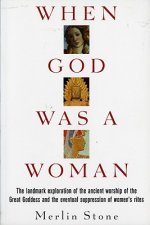
When God Was A Woman
498 Kč -

Who Cooked the Last Supper?
429 Kč -

Witches, Midwives, And Nurses
300 Kč -

Between The World And Me
283 Kč -

The Male Nude
456 Kč -

Why Does He Do That?
401 Kč -

Be Prepared
374 Kč -

Childhood and Society
392 Kč -
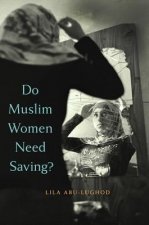
Do Muslim Women Need Saving?
598 Kč -

Yiddish Folktales
478 Kč -
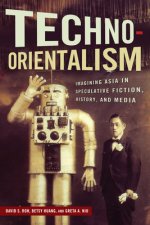
Techno-Orientalism
1374 Kč -

Secret of Childhood
223 Kč -

Fathered by God
374 Kč -

How to Understand Your Gender
456 Kč -

Flaneuse
288 Kč -
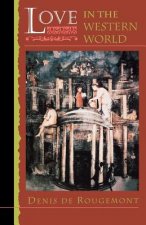
Love in the Western World
1175 Kč -

Iron John
383 Kč -

Persepolis
652 Kč -

Orientalism
288 Kč -
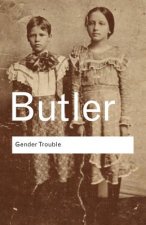
Gender Trouble
605 Kč -

Indigenous Peoples' History of the United States
376 Kč -

Goddesses in Everywoman
283 Kč -

The Mastery of Love
306 Kč -

Second Sex
400 Kč -

Nice Girls Don't Get The Corner Office
259 Kč -

Culture of Critique
599 Kč -

Eros and Mysteries of Love
407 Kč -

World's Best Cities
807 Kč -

Men, Women, and Chain Saws
460 Kč -

Think Like a Monk
415 Kč -

Tom of Finland. The Complete Kake Comics
456 Kč -

Talking with Female Serial Killers - A chilling study of the most evil women in the world
258 Kč -

The Bell Curve
434 Kč -

Intellectuals and Society
537 Kč -

Complete Persepolis
471 Kč -

Desert Flower
269 Kč -

Dance of Anger
258 Kč -

The Velvet Rage
415 Kč -

Beauty Sick
283 Kč -

Iron John
395 Kč -

Story of the Jews
337 Kč -
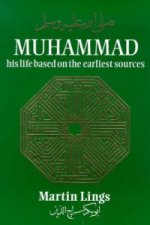
Muhammad: His Life Based on the Earliest Sources
483 Kč
Osobní odběr Praha, Brno a 12903 dalších
Copyright ©2008-24 nejlevnejsi-knihy.cz Všechna práva vyhrazenaSoukromíCookies



 Vrácení do měsíce
Vrácení do měsíce 571 999 099 (8-15.30h)
571 999 099 (8-15.30h)